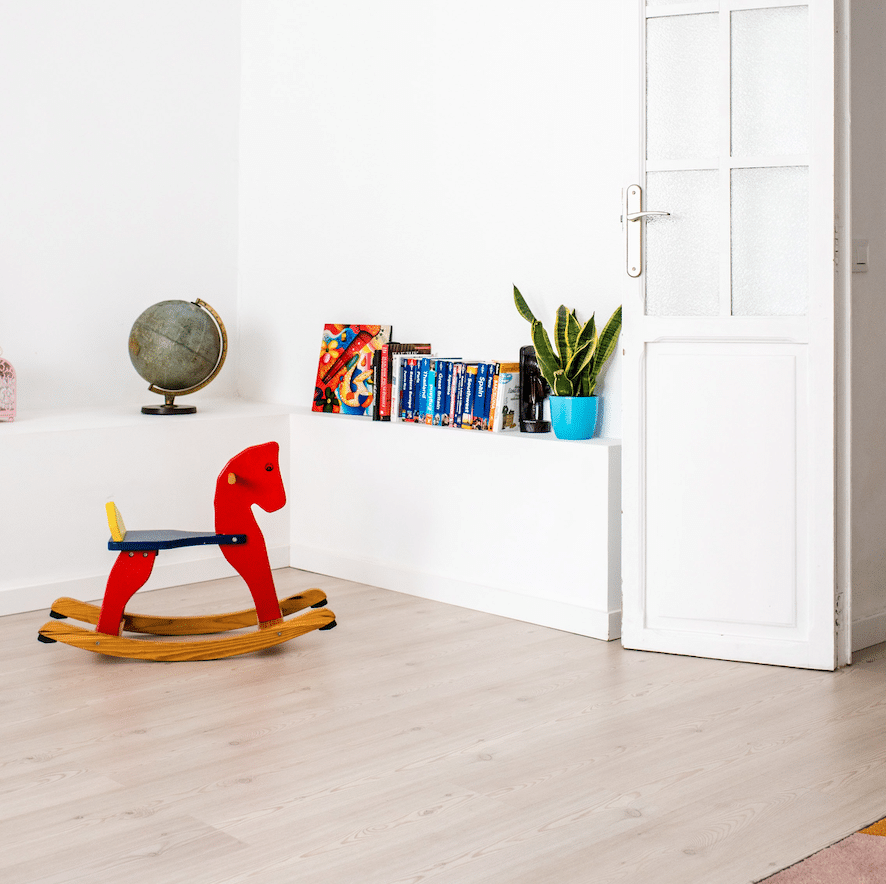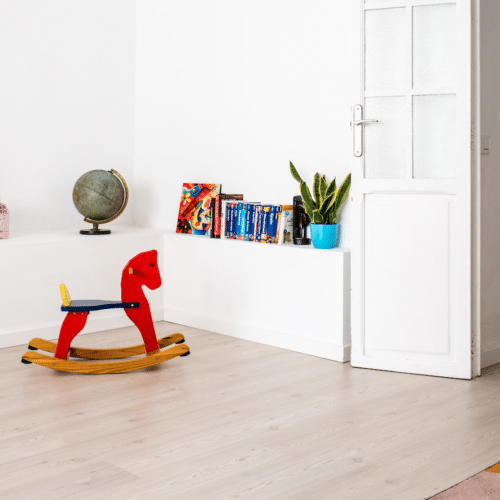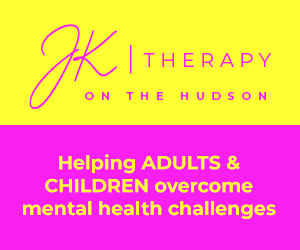By now, we’ve all seen the world’s response to George Floyd’s death. As an adult, this is incredibly upsetting and tough to process, but imagine trying to make sense of this from a child’s perspective. While it may feel overwhelming to begin a conversation with your little one about these heinous realities, it is also essential to ending them.
Although parental instinct can lead to a desire to shield children from atrocities like George Floyd’s death, in doing that, not only are kids not given the appropriate information, they’re left to make up their own stories about what they see on the news and hear grown-ups talking about. This can lead to dangerous misconceptions and false realities. If you’re questioning if your child is ready to have this conversation, remember it is never too early to start. Randi Jaffe of Kid Cope Specialists shares a few ways how.

For Children Ages Two to Six
Remember, it’s your job to make your child aware of their own culture while also helping them recognize those different from their own. As uncomfortable as it may feel to you, try not to shut your little one down if they bring up race. Instead, be proactive, and make sure you point out that some characters in a book or TV show have skin or hair that looks like theirs and others that do not. This will help them build positive awareness of diversity. Fill your little one’s library with books representing
families that look different than your own, and talk about it! Here’s one of my favorites for this age group.
For Children Ages Six to 12
As preschoolers develop into school-aged kids, don’t wait for them to come to you with questions about racism and diversity, especially when it’s in the news. An open-ended question like, “you may have heard mom and dad talking about racism — do you know what that means?” can jumpstart a conversation about these issues. The Day You Begin” is a beautiful story that promotes inclusivity and positive awareness of diversity for this age group. At this age, it is also essential to model positive behavior. Natalie Griffith, mom to a beautiful biracial boy says, “When someone in your presence says or does something that is racist, make sure you discuss it with your kids. They are sponges and are listening and observing more than we realize. When Uncle Joe says something offensive at the family holiday party; speak up! And then later tell your kids why you did.”
Read More: Hudson Pride: Serving the LGBTQ+ Population in Hudson County
For Kids Ages 12 to 18
With older kids, take the opportunity to talk to them about historical events involving racial and social justice. Even though it may feel intense or uncomfortable, it’s important to discuss periods in history like slavery or the Holocaust. Provide straightforward facts and focus on groups and individuals who helped those suffering as well as those who resisted. Show them that they, too, can be an ally.
Darren Griffith, a black parent, shared with us, “Accept that other people have a different experience. Don’t be afraid to ask questions to people who feel the negative effects of racism and truly listen to what they have to say. Even if it makes you uncomfortable.”
While this is Darren’s message, other individuals may not want to share their stories, as it’s not their job to educate others. As parents, the work starts with educating ourselves. White Fragility is a great piece that may help you recognize how you can be an ally to the Black community.
Remember that if you are a parent, staying silent and letting your kids “figure it out for themselves” only exacerbates the problem. Kids need us to show them the way. Right here. Right now. Ashleighann Young, a black mom to two beautiful toddlers, shared her reaction to the recent police brutality.
“In my moments of hopelessness and despair, I am encouraged by the moms all over the country that are looking for ways to raise anti-racist children. As moms, we have a lot of power and I truly believe that we can create a revolution. I think the change will be incremental and subtle initially, but eventually, our children will be the police officers, policymakers, and politicians,” she shared.
Additional Resources
Randi also shared a few extra resources to utilize, including:
See More: A List of Black-Owned Businesses to Support in Hoboken + Jersey City
Moms and dads — this is our chance, our opportunity, to make a difference. Remember that your child is looking directly at you for how to react. As we so often say to them, make a good choice.
Randi Jaffe is a Certified Child Life Specialist and local Hoboken mom. Before developing a private practice, Randi worked at NYU Langone Medical Center helping pediatric patients and their families cope with challenging medical experiences using developmentally-appropriate education and play therapy. Randi’s private practice, Kid Cope Specialists, focuses on supporting children and families dealing with many of life’s difficult moments, including emotional regulation issues, coping with life transitions like a move or divorce, or separation anxiety at school drop-off. Through play and teaching hands-on strategies and techniques, Randi helps little ones express themselves in safe and effective ways, while providing parents with long-lasting techniques to take them through each developmental challenge.

Check out Hoboken Girl’s new Job Board here!









